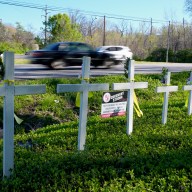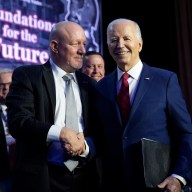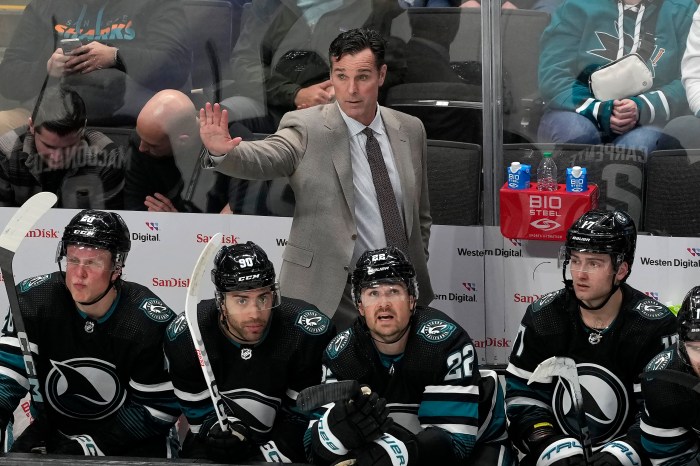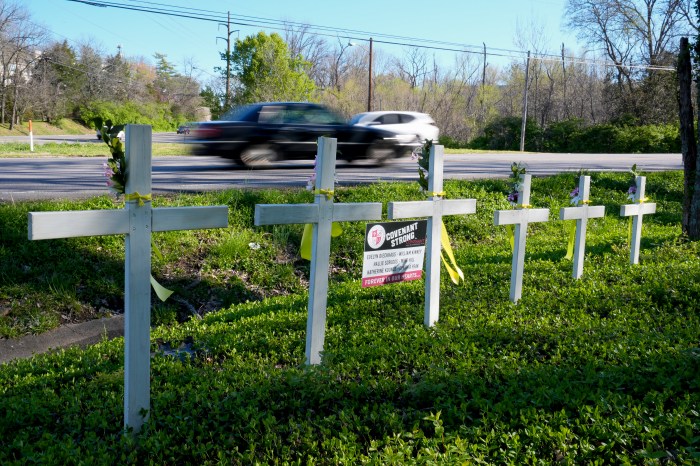 Isra Almodallal has a tough job.
Isra Almodallal has a tough job.
Credit: Facebook
Isra Almodallal is a little annoyed by all the attention she has received since being appointed Hamas’ first female spokesperson.
“I am surprised. The idea that the government is against women is absolutely wrong,” Almodallal, 23, told Metro by telephone from Gaza, in the perfect English she learned over three years of education in the UK. “The government is part of society and it is fighting for all of our rights.”
A student reporter and prolific social media user, the new spokesperson projects a dramatically different face to the one Hamas usually shows the West, often invoking hellfire against its enemies. But Almodallal is confident she will not have to change.
“I’m not going to defend things I don’t believe in, but I have responsibility to deliver our message on specific issues like prisoners and access to Jerusalem. Maybe I will cover feminist activism in Gaza. The job is to make people understand the situation here.”
Almodallal says she does not mind the male-dominated environment, and the number of women is growing in her department. Local sources believe this is part of a modernizing initiative from Interior Ministry spokesman Ihab Ghussein, a charismatic, US-educated figure who has sought to make Hamas more palatable to foreign observers. “He refers to Israel, not the ‘Zionist entity’,” a local reporter told Metro.
The government’s reputation had suffered from banning women from smoking shisha pipes to imposing restrictive dress codes. Against this, women make up around 20% of government employees and around half of university graduates.
“They are trying to reach a new audience and it’s good, but this is an issue for foreign people more than us,” says Gazan journalist Yasmeen El-Khoudary, saying that “men and women are both doomed while we are under siege.” A recent Amnesty International report confirms “mass unemployment, extreme poverty” in the region and that “four in five Gazans [are] dependent on humanitarian aid”.
Naila Ayesh, former director of Gaza-based Women’s Affairs Center, agrees that the conflict is key, but expects the government to do more. “We can’t separate the siege from the rights of women, we suffer more from having four hours of electricity a day,” she told Metro. “But they believe in a man’s society and use our religion against us.”
Against such a volatile backdrop it promises to be a difficult job for Almodallal. “It’s a great challenge and I will work all the time,” she says happily.
















